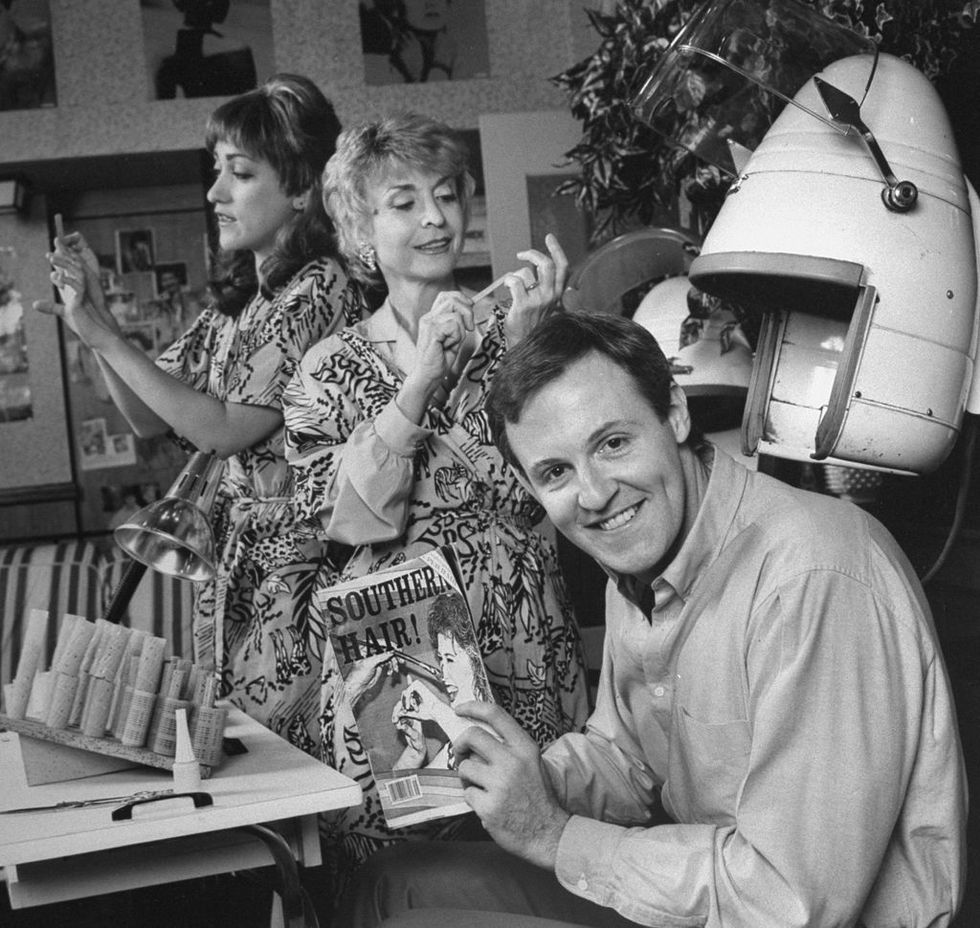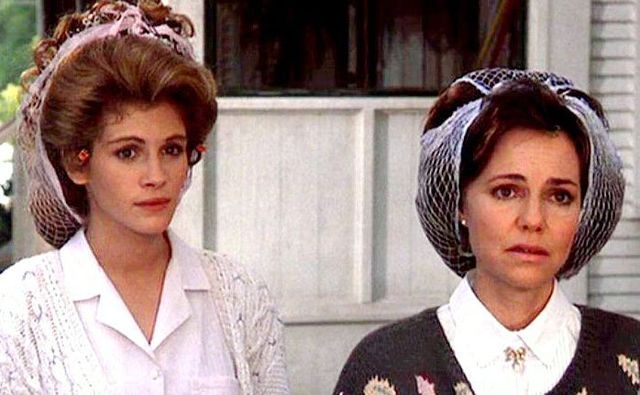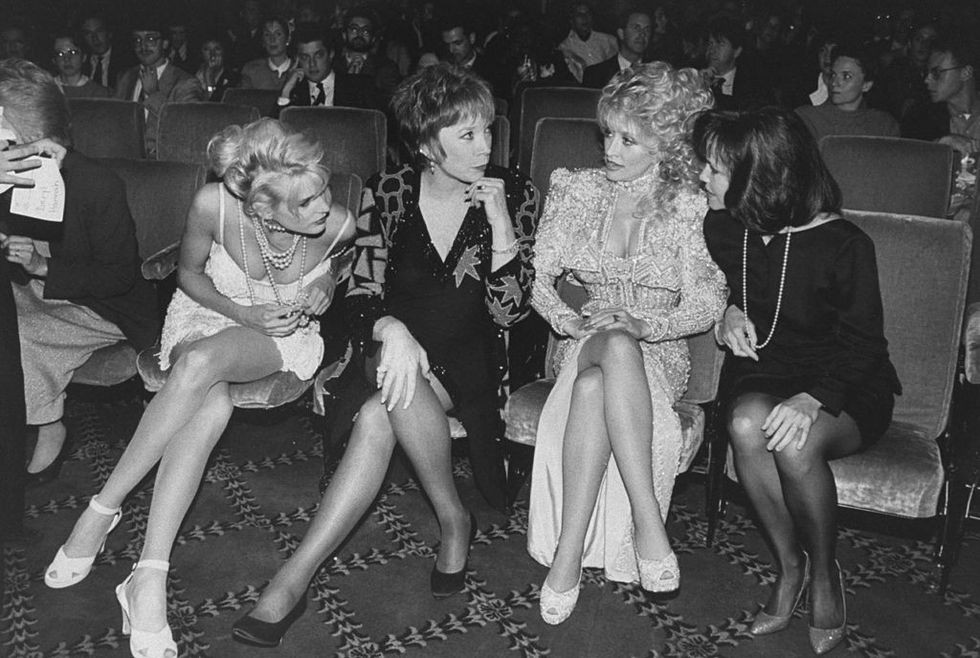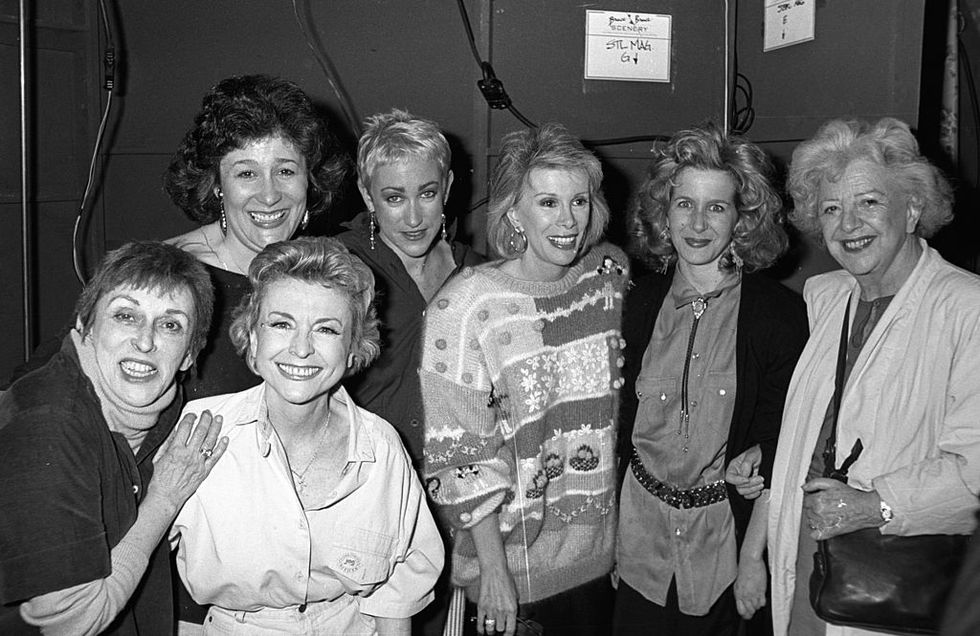We caught up with writer Robert Harling for a look back at his iconic play, which debuted off-Broadway 30 years ago.
It’s been 30 years since Steel Magnolias, the play that inspired the iconic film by the same name, opened off-Broadway. In the decades since its debut at New York’s WPA Theatre, the script has spawned countless stage renditions across the country and abroad, including a 2005 Broadway run starring Delta Burke and Rebecca Gayheart, and TV adaptations like the 2012 Lifetime movie starring Queen Latifah and Alfre Woodard. Its playwright, Robert Harling, a Tulane University Law School grad who shunned his degree in favor of relocating to New York City to become an actor, never imagined it would see the light of day. “I thought somebody would find it in a drawer when they were throwing out my stuff after I was dead,” he says. “I had no illusions or delusions of grandeur.”
He started the tale as a short story—”that lasted about half a morning”—before switching to dialogue, a format he felt more comfortable with as an actor. Later, when he told a friend who worked as a receptionist at a talent agency what he’d been up to, she passed it on to an agent.
Unlike the film, the play features an all-female cast, portraying characters Harling modeled after his mom’s friends as he remembered them from his childhood. “I always thought the women in my community were so witty and clever,” he says. “It was like a witty one-upmanship [between them]. In a lot of ways, they talked in bumper stickers.” He worried that the real-life Ouiser, a character defined by her cranky and brutally honest nature, would recognize herself and take offense, but as women from his hometown began to see the play, “They all said they were Ouiser.” During casting for the film, when director Herbert Ross offered Shirley MacLaine first choice of any part except M’Lynn or Shelby, she immediately wanted “the really bitchy one.”
“People would like to feel they were the person who always had the snappy comeback and would always speak the truth,” says Harling. “I think honesty is becoming a much more admired quality as the years go by.”
The metaphor of “steel magnolia” isn’t expounded upon in the play or film, though Harling says the juxtaposition of strength and fragility is apt for Southern women. “My mother would always say to handle magnolia blossoms carefully because they bruise so easily. You think of this flower that is so delicate and has to be handled with care, but is actually made of much stronger stuff.”
Despite his talent for capturing the essence of ladies below the Mason-Dixon line, Harling says he’s no authority. “I don’t think anybody can be. That’s part of their mystique and their allure, the fact that [Southern women] are completely unpredictable and undefinable.”
These days, Harling splits his time between Manhattan and Natchitoches, where he bought and renovated a circa-1830 Creole cottage, a house he’d wanted since he was a kid and finally got five years after writing the play. In many ways, Harling has done for his hometown what Chip and Joanna Gaines have done for Waco, Texas. Once Steel Magnolias the film began shooting on location in Natchitoches in 1988, tourism grew exponentially. People wanted to see the houses where movie stars like Julia Roberts, Sally Field, Daryl Hannah, and Dolly Parton had stayed during their time there. To this day, Steel Magnolias-themed B&Bs and tours are still going strong. “My sister would love the idea that people are coming to her beloved hometown because of her story,” says Harling.
But what about Harling’s ultimate goal, to help his sister leave an impact on her son? Harling’s longtime friend Shirley MacLaine believes the play was channeled by Susan, and he tends to agree. “It’s my sister’s story, I just happen to be the one who wrote it down.” The extended family was careful not to push that story on Susan’s son, now in his mid-30s, leaving it, instead, for him to discover on his own time. “He knew she was so special that it took the biggest star in the world to play her,” says Harling. “It took Julia Roberts to interpret the personality of his mother.”
Three decades of Steel Magnolias have been bookmarked by incredible experiences for Harling, who says the play’s longevity points its universal themes. He recently returned from a trip to Europe where he watched a French production. “People were laughing and being moved by this story of this small town in Louisiana,” he says.
Speaking over the phone from his Louisiana property, Harling comments on the large magnolia tree in his yard: there’s a single blossom left, despite it being the middle of July. “They usually don’t last this long.”





